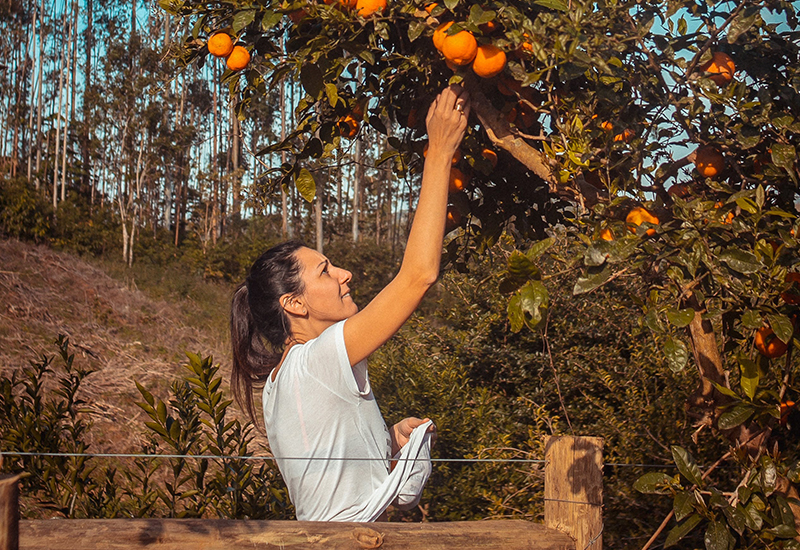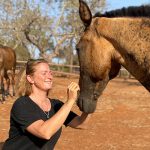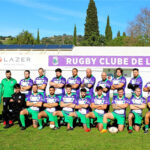The idea of picking a fresh orange from a tree has become a novelty for many visitors to the Algarve. This sweet, juicy citrus fruit is an emblem of Algarvian life as well as being important to the local economy. What better place to find a vast array of all things orange than in “The Orange Capital”, Silves.
The 8th annual Silves Orange Festival will take place this month from 16–18 February, highlighting the citrus industry, promoting local producers and, of course, all things orange. From handicrafts to orange wines and liqueurs, chocolates, sweets, and even traditionally roasted suckling pig – all go hand-in-hand with deliciously sweet Algarvian oranges.
Filled with traditional activities and live entertainment, the gastronomy fair has grown in recent years, earning the town its own trademark, “Capital da Laranja”. Rich in fertile soil, covering the rolling landscape of the municipality, and with some three hundred days of sunshine per year, it is no surprise that Silves boasts the perfect conditions for growing one of Portugal’s best-loved fruits.
While many associate the orange (Citrus × sinensis) with the Iberian peninsula, the citrus fruit was originally developed in China. Its cultivation began around 7,000 years ago, but the Romans were probably the first Europeans to come into contact with this fruit, sometime around the first century, via trade with Persian merchants and the Aksum Kingdom (modern-day Ethiopia).

Originally considered a luxury product, the orange was initially bitter and cultivated for medicinal purposes for noblemen and high-ranking military officers. As the Roman empire expanded, they introduced the bitter orange to much of their conquered lands, especially in North Africa. After the fall of the Roman empire, most of the orange groves that had made their way into Europe began to diminish. By the 11th century, during the golden years of the Islamic Caliphate, orange groves had begun to reappear across Europe. However, it was during the Age of Discoveries in the 16th century that Portuguese explorers imported orange trees to Portugal. It wasn’t until 1635 that the sweet variety of oranges we enjoy today were cultivated in Portugal, notably in the Algarve, after the trees were introduced by Portuguese merchants who brought cuttings from India.
Today, the Algarve has a booming business in orange production, with over 70% of Portuguese-grown oranges coming from the Algarve alone. As the second most consumed fruit in the world, after apples, it’s no surprise that this best-loved fruit is celebrated in the former Algarvian capital, which was built by the people who introduced the vitamin C-rich fruit to the area centuries ago.
While the orange festivities will bring many together to celebrate the mother of all fruits at Silves’ Fissul Exhibition Complex, local restaurants have also joined in with the celebrations in recent years, offering a host of imaginative orange-themed dishes and desserts, locally sourced from the municipality of Silves. Amongst the imaginative orange products that will be available during the event, the festival will offer an array of entertainment, with performances by local and national artists, all who have come together to promote one of the Algarve’s most regarded agricultural industries.
If you’re looking for something a little different from the typical glass of orange juice, why not head to Silves where you’ll find an array of orange-related culinary ideas and a taste of rural Algarvian life? Above all, you will be supporting local producers who work hard, often fighting against inflation and devastating droughts to preserve the Algarve’s famous oranges.
Fun Fact
Did you know that the word “orange” is derived from the name “Portugal” in several languages around the world? These include Greek – Portokali, Turkish – Portakal and Romanian – Portocala, to name a few.
Silves: Capital da Laranja Festival
16-18 February 2024
Edifício da Fissul Pavilhão de Feiras e Exposições 8300-101 Silves













